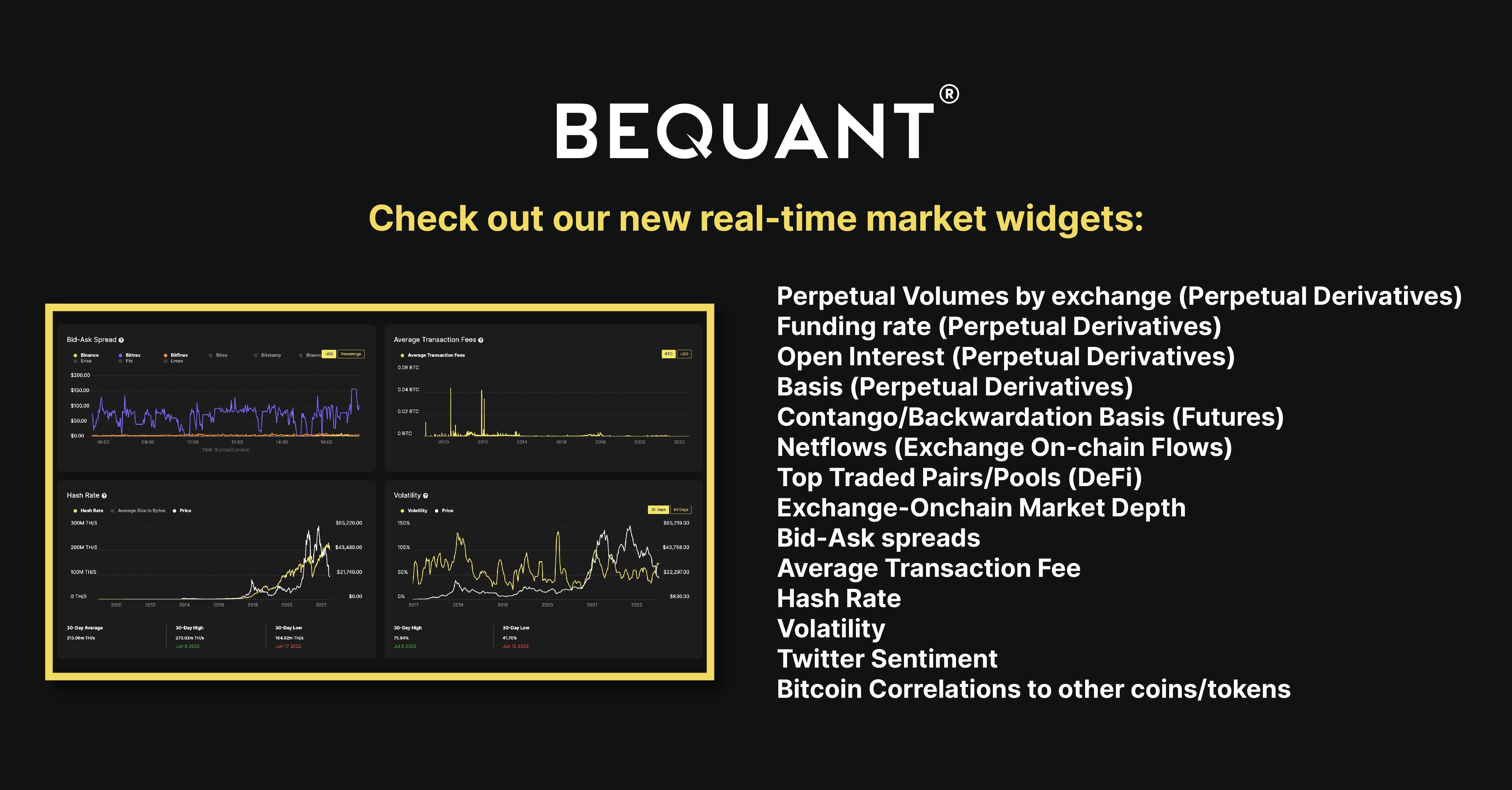RESEARCH

BEQUANT Insights
While a handful of countries at the Federal level and individual U.S. states, and others are in some stage of progress, have implemented some non-coordinated regulations relating to cryptocurrencies, the International Institutions with global influence also are actively discussing crypto currencies and DLT within the context of their purview. While their role in shaping the future of cryptocurrencies in the global monetary system may be less visible to those in the crypto industry, their impact cannot be underestimated. A coordinated, global, consistent and inevitable regulatory convergence could provide a sound basis for moving the innovative crypto industry forward and the international bodies will be influencers of the outcome. Industry players would be well-served to provide ‘real-world’ information to these bodies to help shape the global dialogue. In addition, paying attention to the moves by the International bodies will be important for investors and traders in the crypto space. Leading the pack on recognizing crypto currency impact on the global monetary system is the International Monetary Fund (IMF) whose “fundamental mission is to help ensure stability in the international system.” Given the potential impact of a decentralized system of payments brought by the introduction of crypto currencies as well as the potential for Central Banks to create digital currencies, the IMF has been vocal. Former Managing Director Christine Lagarde set up a High-level Advisory Group including notable blockchain innovators. The IMF has conducted economic research and a team of lawyers and economists are closely following regulatory developments. The IMF’s initial position expressed concerns over money laundering and cyber-attacks, morphing to a broader more accepting view of the reality of crypto currencies being in the global monetary system to stay. The IMF issued a paper on “Monetary Policy in the Digital age” in June 2018, set up a Fintech Agenda during the 2018 Bali Annual meetings, and has written economic research papers including “The Rise of Digital Money” in July 2019 where the thesis is “… policymakers should be prepared for some disruption in the banking landscape.” The main concern – as expressed by the former head of the IMF (currently European Central Bank Head) Mme Lagarde - is the fragility of the monetary system through the introduction of decentralization of payments and alternative currencies. The issue is not about the technology, but as Mme Lagarde said, the impact of crypto currency and blockchain infrastructure as “innovation that would shake the system so much that it would lose the stability that is needed”.
In the context of the IMF Bali FinTech agenda, the IMF Board called for standards to be set: “there is a clear demand also for considering new international standards by standard-setting bodies (SSBs), including on crypto-assets, mobile money services, and peer-to-peer (P2P) lending.” ISO is working on “standardisation of blockchain technologies and distributed ledger technologies” where there is 1 published and 10 under development with 43 member countries involved. ISO standards for security of digital assets is underway. Standards will be critical per Christine Lagarde said as ”… governance of a public good that is available to all”. Standards will also help develop a more streamlined blockchain/crypto industry.
Central Banks are key players in the regulation of commercial banks and therefore are examining the role of digital currencies for their own institutions as a mechanism to maintain regulatory control in face of innovation. The Bank for International Settlements (BIS) has been slowly active in providing guidance to Central Banks, largely surrounding stable coins and in November 2019 made a very senior appointment (member of the European Central Bank Board) to head their “Innovation Hub”. A number of Central Banks, including the Bank of England Governor Carney have issued papers and statements on Central Bank digital currencies spurred by the introduction of crypto currencies and DLT in the payments system. Central Banks are keenly aware of the impact of crypto currencies on monetary policy and commercial banks and will be key influencers in the future regulatory system of crypto currencies.
The Organization of Economic Cooperation and Development (OECD) has been very active in the DLT/Crypto space over the past two years as appointed Secretariat of Financial Action Task Force (FATF) by the G-7 countries as well as holding numerous conferences and issuing papers. FATF has released a draft of its recommendations for crypto-currency service providers including Know Your Customer (KYC), Anti-Money Laundering (WML) and Combating the Financing of Terrorism (CFT) regulations reflecting the initial strong concern of the regulators on these issues.
The Financial Stability Board (FSB) reported to the G-20 in June 2019 on the work of several international bodies and in order to implement the G20 mandate, and building on earlier work by the G-7 on stable coins, the FSB will:
Take stock of existing supervisory and regulatory approaches and emerging practices in this field, with a focus on cross-border issues and taking into account the perspective of emerging markets and developing economies.
Based on the stocktake, consider whether existing supervisory and regulatory approaches are adequate and effective in addressing financial stability and systemic risk concerns that could arise from the individual components of a stablecoin arrangement or their interaction as an ecosystem as a whole.
Advise on possible multilateral responses, if deemed necessary, including developing regulatory and supervisory approaches to addressing financial stability and systemic risk concerns at the global level.
The FSB will submit a consultative report to G20 Finance Ministers and Central Bank Governors in April 2020, and a final report in July 2020.
The EU has an active blockchain partnership comprised of over 28 member countries, created a Blockchain Observatory and Forum, produced a report on Cryptocurrencies and Monetary Policy in June 2018, and agreed on a definition of virtual currencies (AMLD5). The EU announced the establishment of the International Association for Trusted Blockchain applications (IATBA) to encourage regulator convergence among other items.
It is in the interest of all crypto currency participants to follow closely the activities of the international bodies who will inevitably shape the future regulatory path for the industry.



